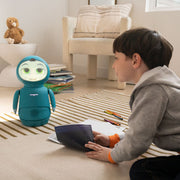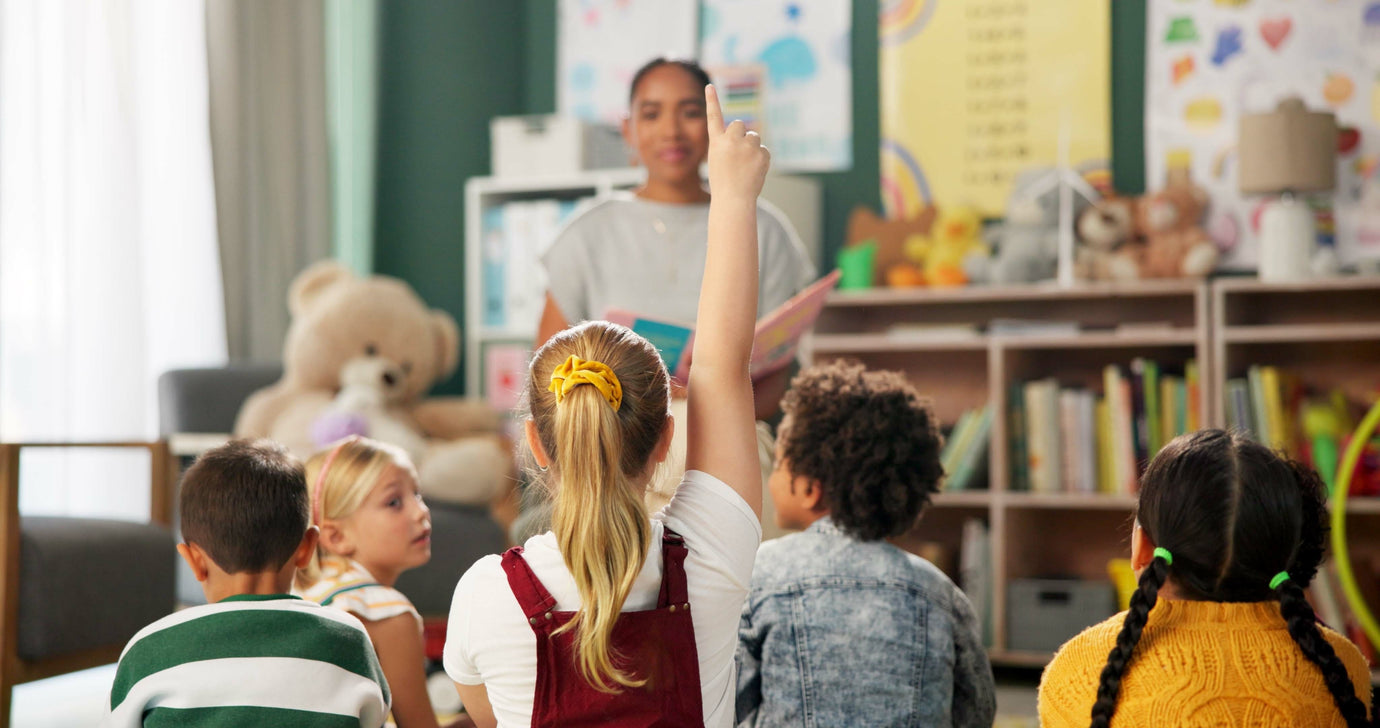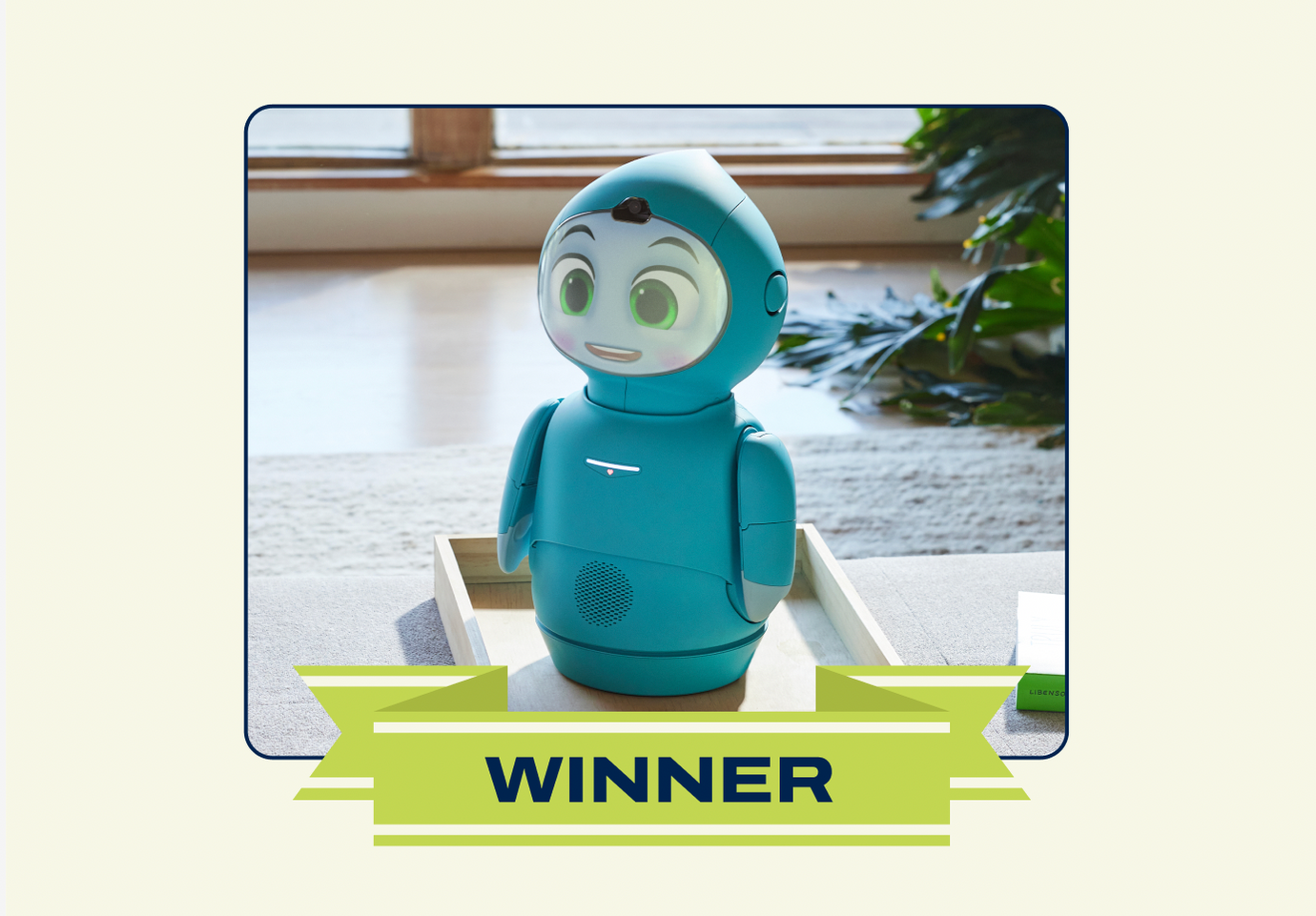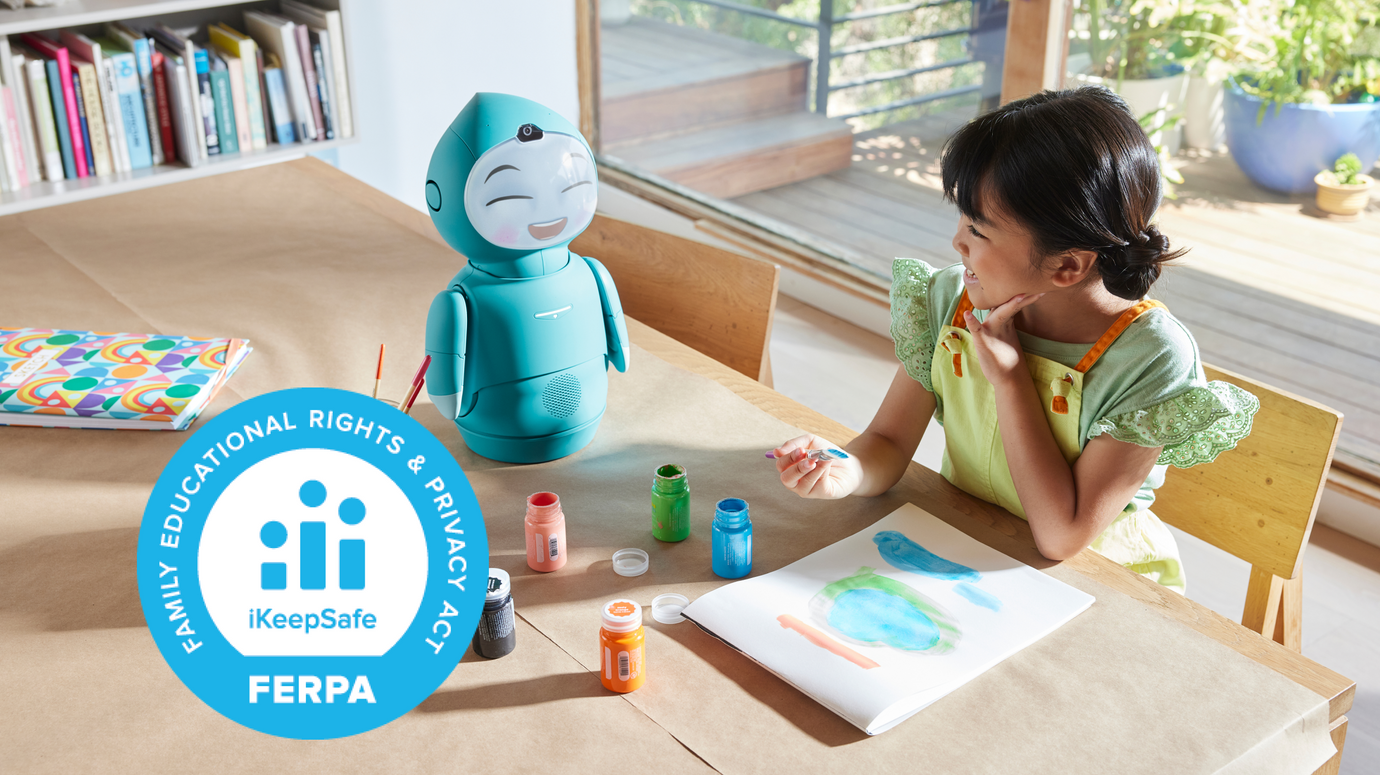What is social emotional learning for 6 year olds?
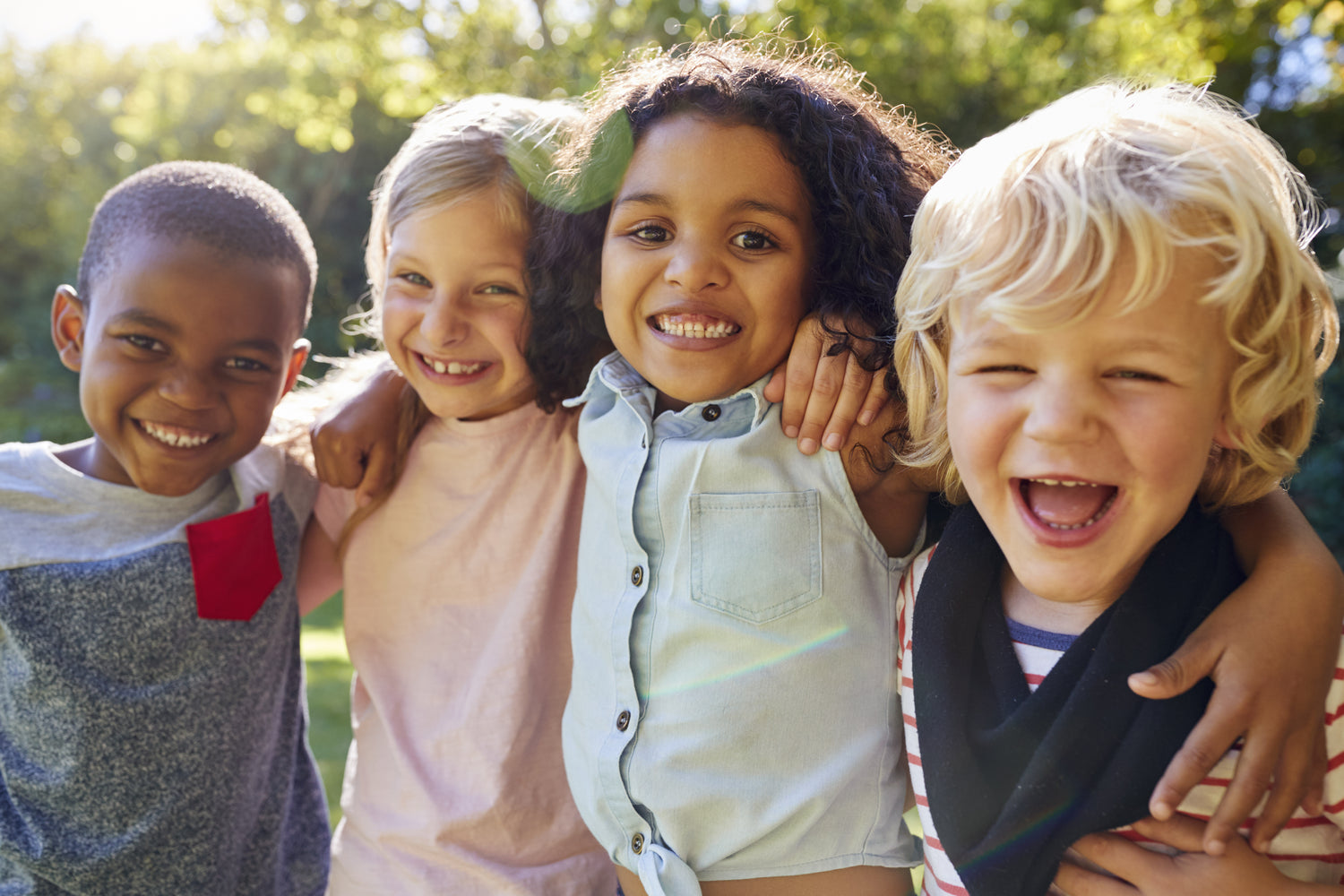
Social emotional learning for 6 year olds
At 6 years old, children are still in touch with that childlike wonder but are beginning to form a rudimentary sense of self: they are learning the broader scope of their emotions as well as forming their own opinions and sense of empathy. Social emotional learning, or SEL, for a 6 year old child might look like your kindergartener becoming more aware of their place in the world, taking steps to express themselves, and learning/overcoming the challenges that come along with relating to their peers.
What is social learning for 6 year olds?
Social learning at 6 years old revolves around self-management, patience and early conflict resolution. Social development at age 6 causes children to begin comparing themselves to their peers and recognize that their sense of the world may be different than theirs.
What is emotional learning for 6 year olds?
With their sense of the world and self beginning to evolve, a key component to emotional learning is learning how to stay calm in situations they find challenging and being able to self-soothe. This is an important time for parental and authority figures to model emotional stability for children, as well as be there to support them while they learn that challenges will pass and that a sense of peace will soon follow.
Why SEL is important for 6 year olds:
Social-emotional skills are important for kids to start honing because they will affect their interaction with their peers for the rest of their life: SEL skills like patience and healthy conflict resolution, key components at 6, need to be emphasized in order for children to create healthy ways to cope with challenge and relate to their friends.
Pros and Cons of social emotional learning for 6 year olds

Pros of promoting social emotional learning
Promoting social-emotional learning programs for children of the age of 6 has been proven to help kids with stress, emotion management, and rudimentary conflict resolution! SEL overall is shown to help kids of all ages with increased test scores, school attendance and self-esteem.
Cons of promoting social emotional learning
Documented issues regarding SEL promotion generally stem from the lack of formal guidelines when it comes to SEL programs. SEL programs can be “ill-defined” while lacking a clear path as to what attitudes a given program is promoting regarding social-emotional learning. Underqualified psychoanalysis of children is also an ongoing concern of SEL programs.
Social emotional learning examples for 6 year olds
Brief introduction on social emotional learning examples
At age 6, social and emotional learning is all about beginning to learn how to patient as well as how to accept and move past feelings that might be unfamiliar or challenging.
Social learning examples for 6 year olds
Social learning for 6 year olds revolves heavily around understanding that their actions affect others. 6 year olds are learning to wait their turn, follow given directions and manage their impulses in order to interact with their peers in a fun and healthy way. Kids at age 6 are learning how to compromise, how to apologize, and how to learn from their mistakes.
Emotional learning examples for 6 year olds
Because so much of emotional learning at age 6 involves managing reactions and behavior, teaching kids about identifying their own challenging emotions as well as the emotions of their peers is a crucial stepping block to healthy and appropriate emotion management.
Social emotional learning activities for 6 year olds

Brief Introduction on social emotional learning activities
When it comes to social emotional learning at age 6, there is a plethora of activities serving to promote both the social aspect of SEL as well as the emotional aspect!
Social learning activities for 6 year olds
At age 6, children are becoming more interested in relating to their peers, and creating a positive and respectful environment during gameplay is hugely beneficial to their personal social development. Activities that promote social learning for 6 year olds include games such as:
- Simon says
- Duck duck goose
- Follow the leader
These games emphasize patience, helping children interact with their peers in a patient and respectful way: at 6 years old, simply learning to wait your turn can aid in recognizing that your peers want a turn too (also known as empathy)!
Emotional learning activities for 6 year olds
Activities promoting emotional learning for 6 year olds include practices like:
- setting game rules and sticking to them
- shaking their opponent’s hand after a game/activity after losing
- identifying emotions like sadness, frustration or confusion with photos depicting each emotion
While these practices can be tricky at the tender age of 6, they enforce the idea that although following the rules or losing a game is hard, there are ways to move past the tough feelings and regain a sense of safety and calm.
Social emotional learning tools for 6 year olds
Meet Moxie, a gender neutral robot companion aiding in your child’s healthy social emotional learning development.
Moxie for social learning for 6 year olds
For a child of six years, Moxie provides multiple social learning features that are fun, collaborative, and backed by science! Your child will act as Moxie’s mentor in order to aid in their social development. Moxie’s social learning features include play-with-purpose activities that encourages a child to engage in social interaction outside of Moxie.
Moxie for emotional learning for 6 year olds
When it comes to a six year old’s emotional learning development, Moxie can aid in emphasizing empathy by modeling it: events such as going to the doctor can be scary when you’re six, and Moxie is skilled in modeling tools for self-soothing. One of Moxie’s emotional learning tools is story telling highlighting characters who face challenges that young children often face.
Final Thoughts: Social emotional learning for 6 year olds
At 6 years old, children are just beginning to realize their place in the world, their sense of self as well as their sense of others. Social-emotional learning at 6 years old is all about helping them realize that everything can’t always be the way they want it, and that’s okay! Honing skills such as patience, self-management and self-soothing will help a 6 year old child create a healthy and long lasting relationships with their peers as well as with their own sense of security.


